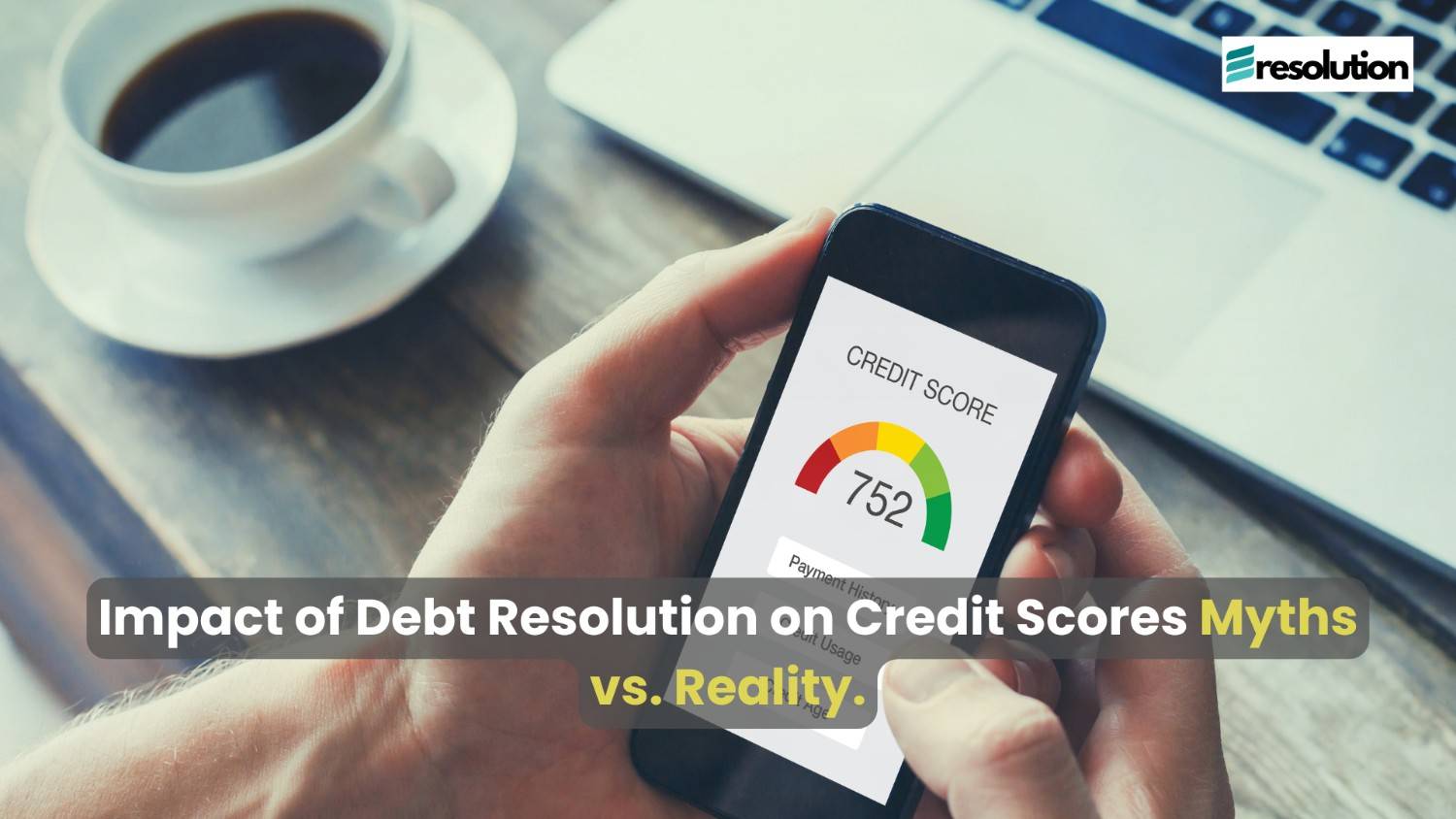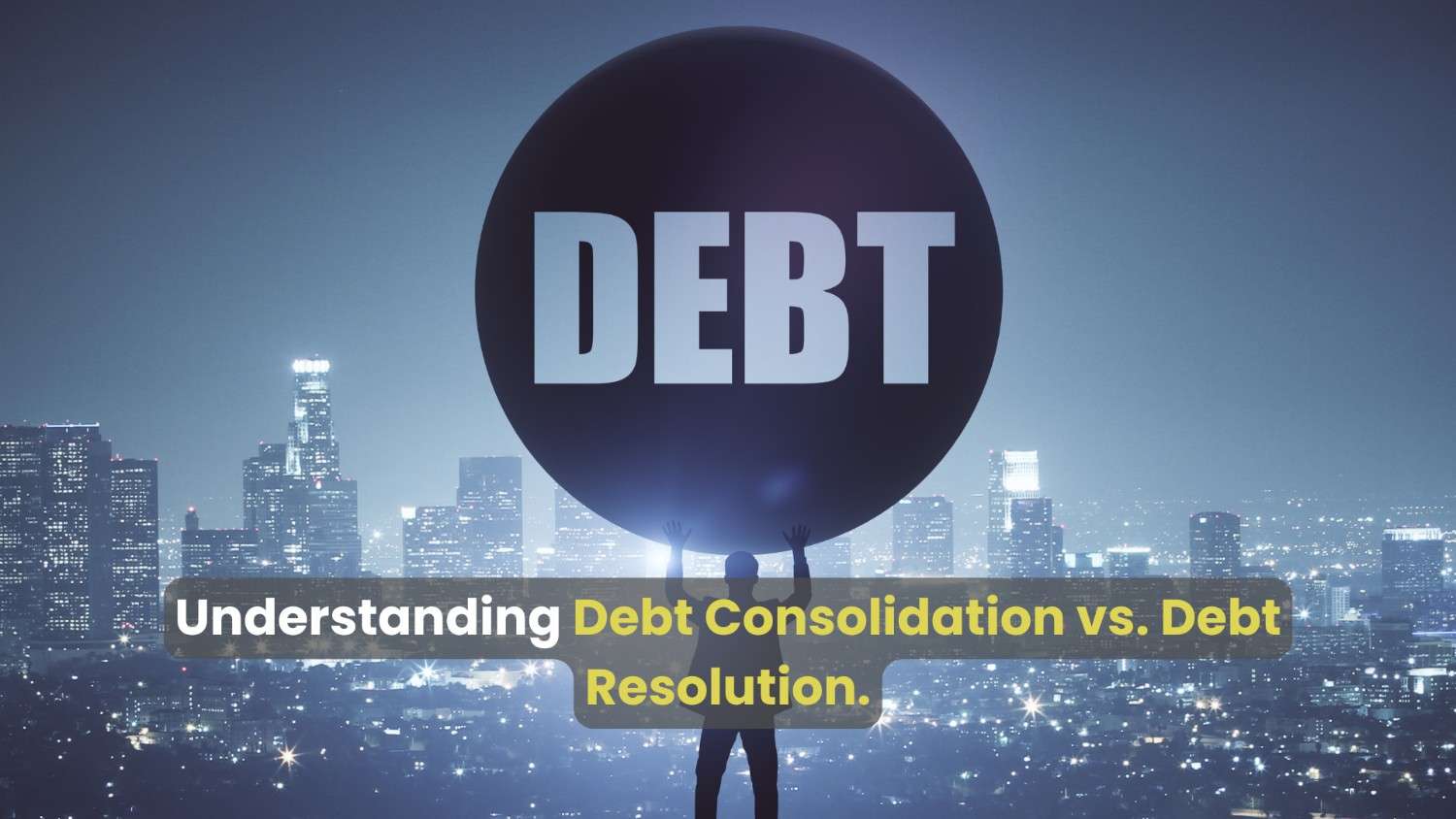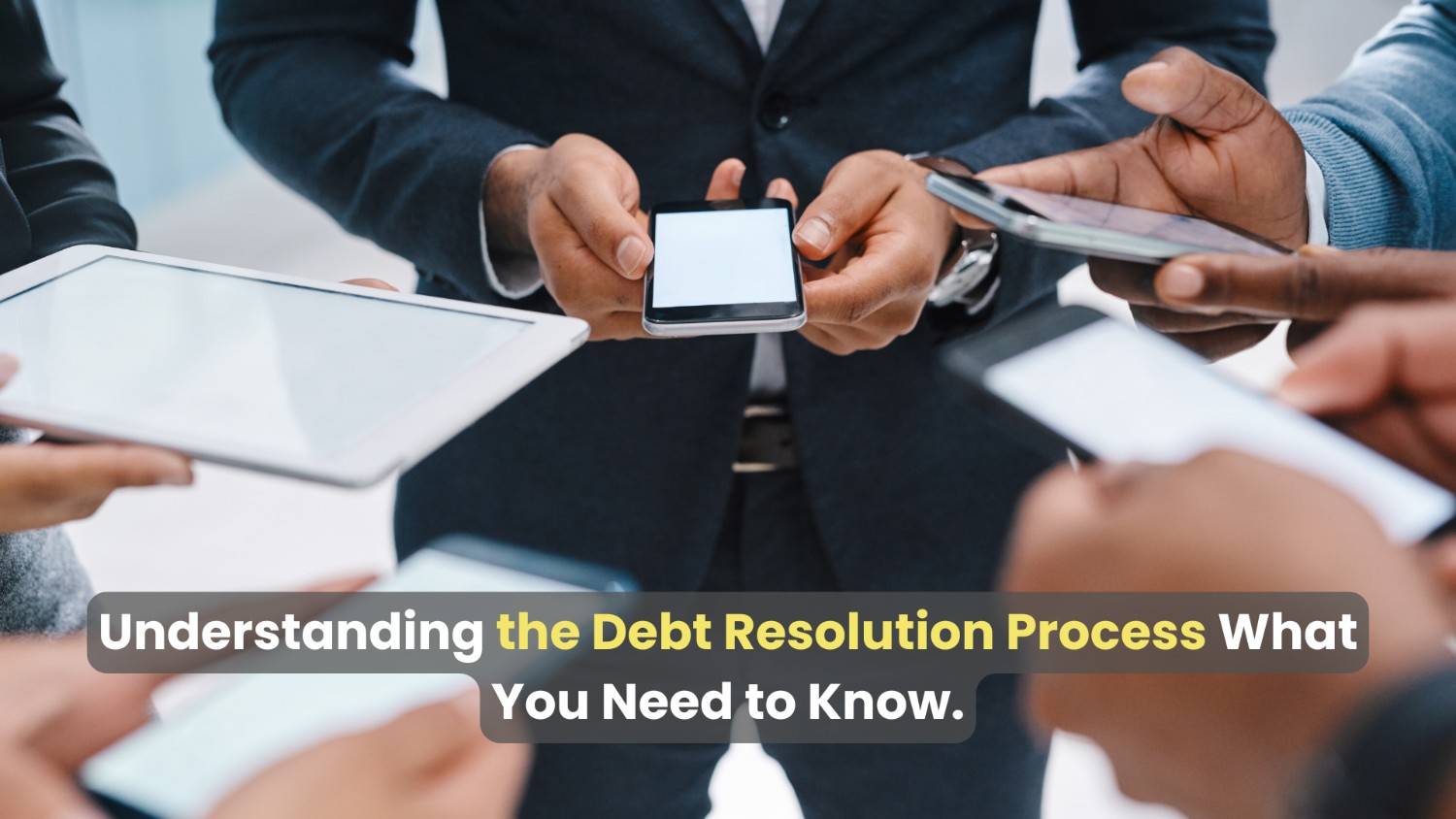· Credit Scores · 4 min read
Impact of Debt Resolution on Credit Scores: Myths vs. Reality
Discover the truth about debt resolution and its impact on credit scores. Uncover common myths, learn how to rebuild credit, and make informed financial decisions.

Impact of Debt Resolution on Credit Scores: Myths vs. Reality
Introduction
Debt resolution is a strategy many people turn to when struggling with overwhelming financial obligations. However, there’s a lot of misinformation surrounding its impact on credit scores. Does it completely ruin your credit? Can you never recover from it? In this article, we’ll break down the myths and realities to help you make informed decisions.
What is Debt Resolution?
Debt resolution refers to the process of negotiating with creditors to settle outstanding balances for less than what is owed. This can be done through:
Debt settlement: Negotiating to pay a reduced amount.
Debt consolidation: Combining multiple debts into one manageable payment.
Credit counseling: Working with professionals to create a debt repayment plan.
Each of these methods affects credit scores differently, but none necessarily lead to financial ruin.
How Credit Scores Work?
To understand how debt resolution affects credit, it’s crucial to know what factors influence your credit score:
Payment history (35%) – Late or missed payments lower scores.
Credit utilization (30%) – High balances reduce creditworthiness.
Length of credit history (15%) – Older accounts positively impact scores.
New credit inquiries (10%) – Too many hard inquiries can lower scores.
Credit mix (10%) – A variety of credit accounts can boost scores.
Common Myths About Debt Resolution and Credit Scores
Myth 1: Debt Resolution Completely Destroys Your Credit Score
Reality: While debt resolution may initially lower your score, it’s not permanent. With responsible financial habits, your score can recover over time.
Myth 2: Debt Settlement and Debt Resolution Are the Same
Reality: Debt settlement involves negotiating for a lower payoff amount, whereas debt resolution is a broader term that includes other options like consolidation and credit counseling.
Myth 3: Paying Off Debt Through Resolution Removes It From Credit Reports
Reality: Even after resolving debt, it remains on your credit report for up to seven years. However, its impact lessens over time.
Myth 4: Credit Scores Never Recover After Debt Resolution
Reality: Many people successfully rebuild their credit within 1-2 years by maintaining positive financial habits.
Myth 5: Debt Resolution Is Only for Financially Irresponsible People
Reality: Many financially responsible individuals use debt resolution due to job loss, medical emergencies, or other unexpected circumstances.
The Reality of Debt Resolution’s Impact on Credit Scores
Debt resolution does impact credit scores, but the effects are often temporary. The key is focusing on long-term financial stability rather than the short-term dip.
Strategies to Rebuild Credit After Debt Resolution
Paying Bills on Time
Your payment history is the most crucial factor in your credit score. Consistently making payments on time will boost your score over time.
Using Credit Responsibly
Keeping credit utilization below 30% of your total limit helps improve your score.
Checking Credit Reports Regularly
Errors on your credit report can harm your score. Regularly checking and disputing inaccuracies is essential.
Applying for a Secured Credit Card
A secured credit card requires a cash deposit but helps rebuild your credit when used responsibly.
Conclusion
Debt resolution does affect your credit score, but the myths surrounding it can be misleading. By understanding the realities and taking proactive steps, you can rebuild your credit and achieve financial stability.
FAQs
How long does debt resolution affect my credit score?
- Typically, it can impact your score for up to seven years, but responsible financial behavior can speed up recovery.
Can I get a loan after resolving my debt?
- Yes, though interest rates may be higher initially. Building credit through responsible use can improve eligibility.
Will debt resolution remove my debts from my credit report?
- No, settled debts remain on your report but have less impact over time.
How can I improve my credit score after debt resolution?
- Pay bills on time, maintain low credit utilization, and check your credit report regularly.
Is debt resolution the right option for everyone?
- It depends on your financial situation. Consulting with a financial expert can help determine the best course of action.


.Dceoa-1b.jpeg)
